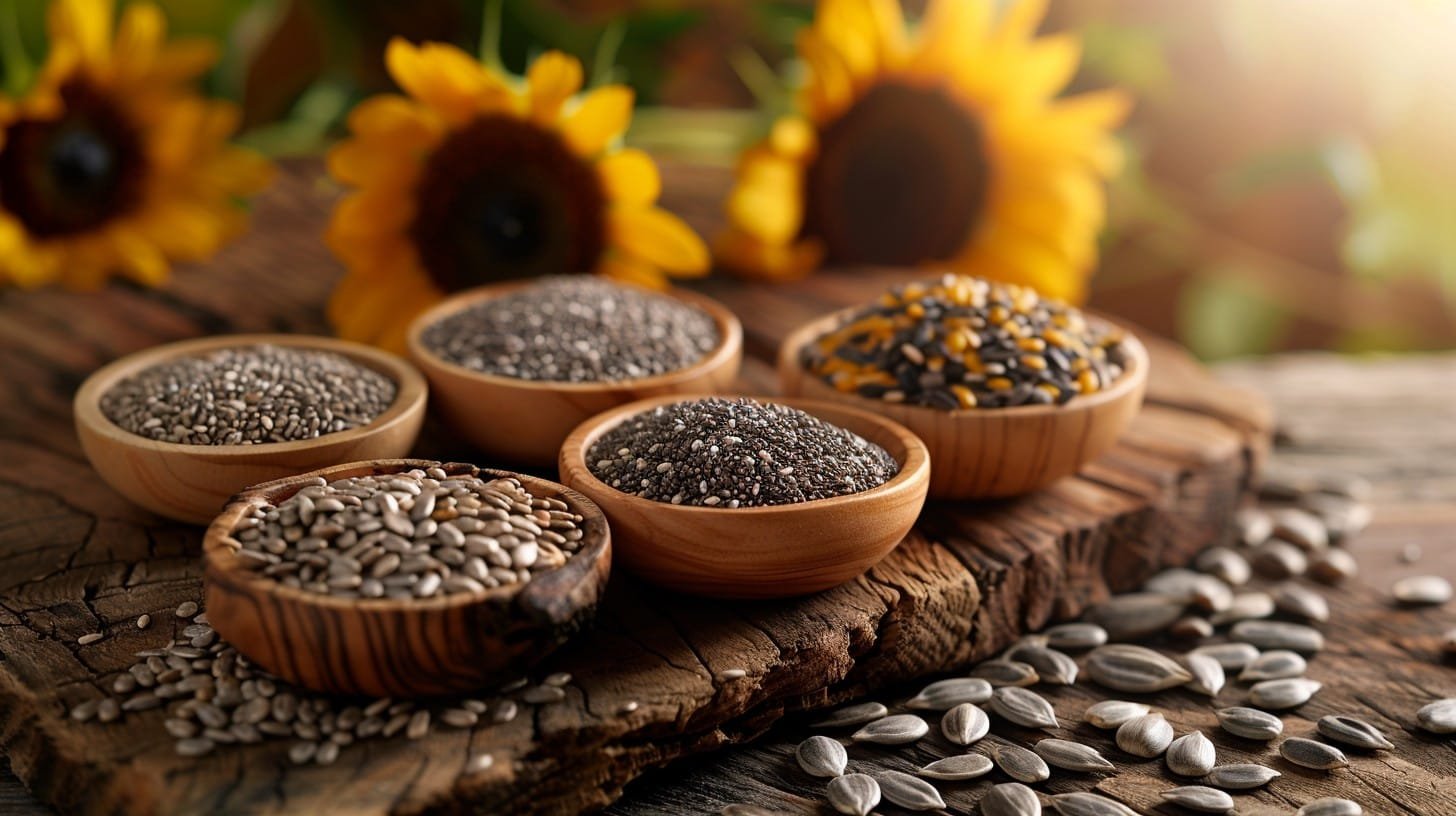 Turmeric, the bright yellow spice that gives curry its distinct color, is more than just a culinary delight. This ancient root has garnered global attention for its exceptional anti-inflammatory abilities, thanks to its active compound, curcumin. Numerous studies have explored curcumin’s potential to reduce inflammation and combat chronic diseases, making turmeric a valuable ally in promoting overall health.
Turmeric, the bright yellow spice that gives curry its distinct color, is more than just a culinary delight. This ancient root has garnered global attention for its exceptional anti-inflammatory abilities, thanks to its active compound, curcumin. Numerous studies have explored curcumin’s potential to reduce inflammation and combat chronic diseases, making turmeric a valuable ally in promoting overall health.
Inflammation: A Double-Edged Sword
Inflammation is a natural response mechanism designed to protect the body from harm. However, when inflammation becomes chronic, it can lead to various health issues, including heart disease, arthritis, and even cancer. This is where turmeric steps in, offering a natural and effective way to manage inflammation.
Curcumin: The Key to Turmeric’s Anti-Inflammatory Power
Curcumin, the primary bioactive substance in turmeric, possesses potent anti-inflammatory properties. It works by inhibiting molecules that play a crucial role in the inflammatory process, such as cytokines and enzymes like COX-2. What sets curcumin apart is its ability to target multiple pathways involved in inflammation, providing a more comprehensive approach to managing this condition.
Beyond Inflammation: Turmeric’s Diverse Health Benefits
Turmeric’s anti-inflammatory effects extend far beyond simply reducing swelling or pain. For instance, its impact on inflammation is closely linked to its ability to improve cardiovascular health. Chronic inflammation can damage the arteries, increasing the risk of heart disease. By reducing inflammation, turmeric helps protect the cardiovascular system and promotes better heart health.
Moreover, turmeric has shown promising results in alleviating the symptoms of arthritis. Studies have found that curcumin can reduce joint pain and stiffness in individuals with osteoarthritis, making it a natural alternative to nonsteroidal anti-inflammatory drugs (NSAIDs), which can have harmful side effects when used long-term.
Turmeric and Brain Health: A Powerful Combination
Turmeric’s benefits extend beyond physical health; it also plays a crucial role in brain function. Research has shown that chronic inflammation in the brain can contribute to cognitive decline and neurodegenerative diseases such as Alzheimer’s. Curcumin’s anti-inflammatory properties help reduce inflammation in the brain, potentially improving memory and cognitive function.
Additionally, curcumin increases levels of brain-derived neurotrophic factor (BDNF), a growth hormone that supports the health of neurons. Higher levels of BDNF have been linked to improved brain function and a lower risk of degenerative diseases.
Incorporating Turmeric into Your Diet
Adding turmeric to your daily diet is easier than you might think. It can be used in soups, stews, smoothies, or even taken as a supplement. However, it’s important to note that curcumin has low bioavailability, meaning the body struggles to absorb it efficiently. To enhance absorption, pair turmeric with black pepper. The piperine in black pepper boosts curcumin absorption by up to 2,000%.
It’s also beneficial to consume turmeric with healthy fats like olive oil or coconut oil, as curcumin is fat-soluble. This ensures the body can absorb and utilize it more effectively.
Finally,
The anti-inflammatory benefits of turmeric are well-supported by scientific research. From reducing chronic inflammation to improving brain and heart health, turmeric offers a natural and effective way to promote overall wellness. While it may not replace conventional treatments, it can be a valuable addition to a healthy lifestyle. So, whether you sprinkle it on your food or take it as a supplement, turmeric is a powerful ally in the fight against inflammation and various chronic conditions.








